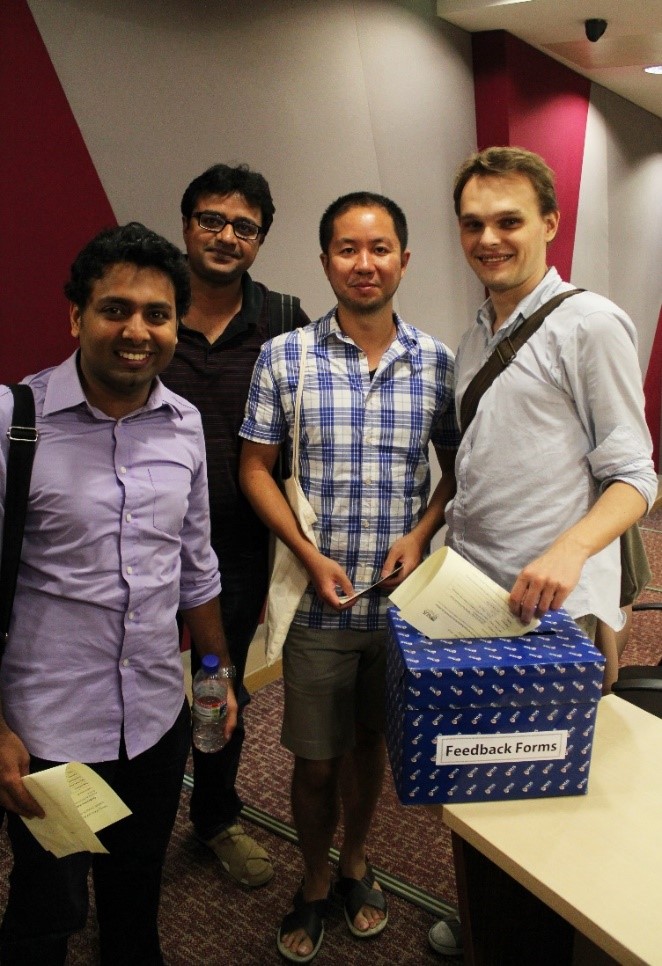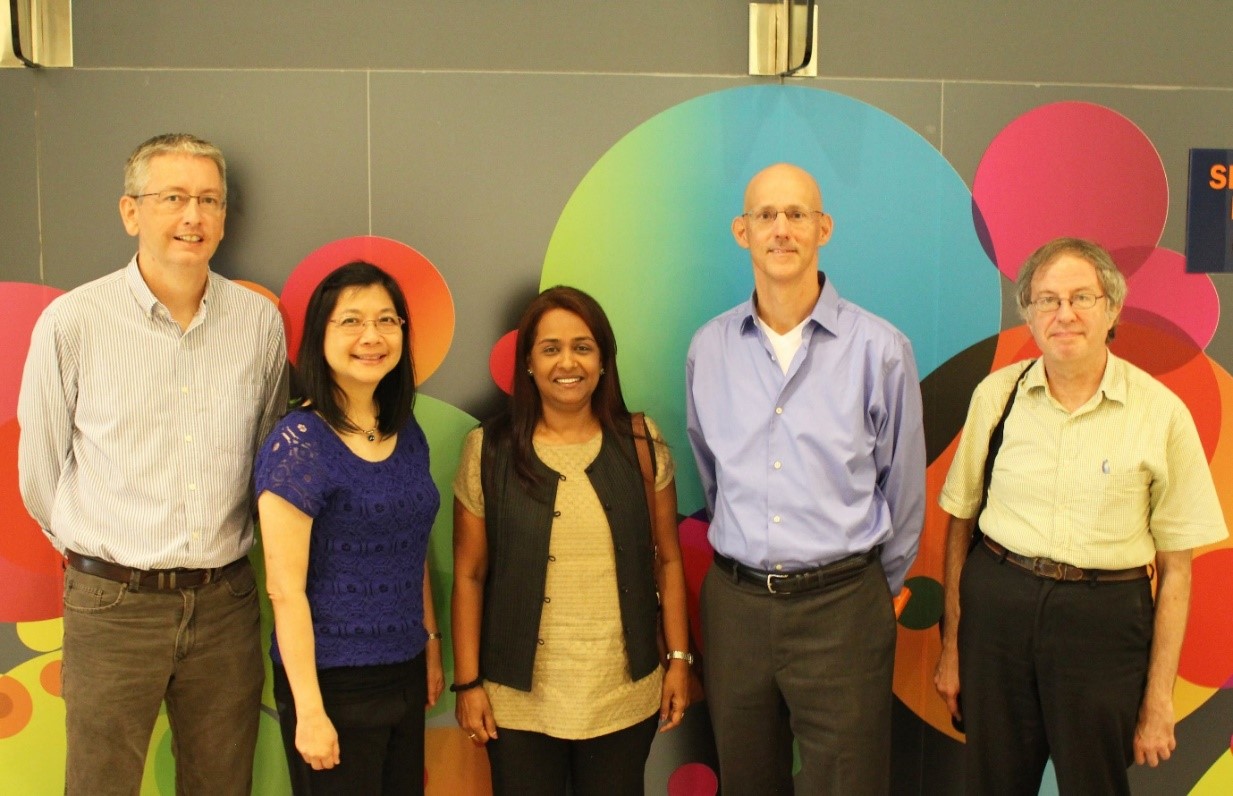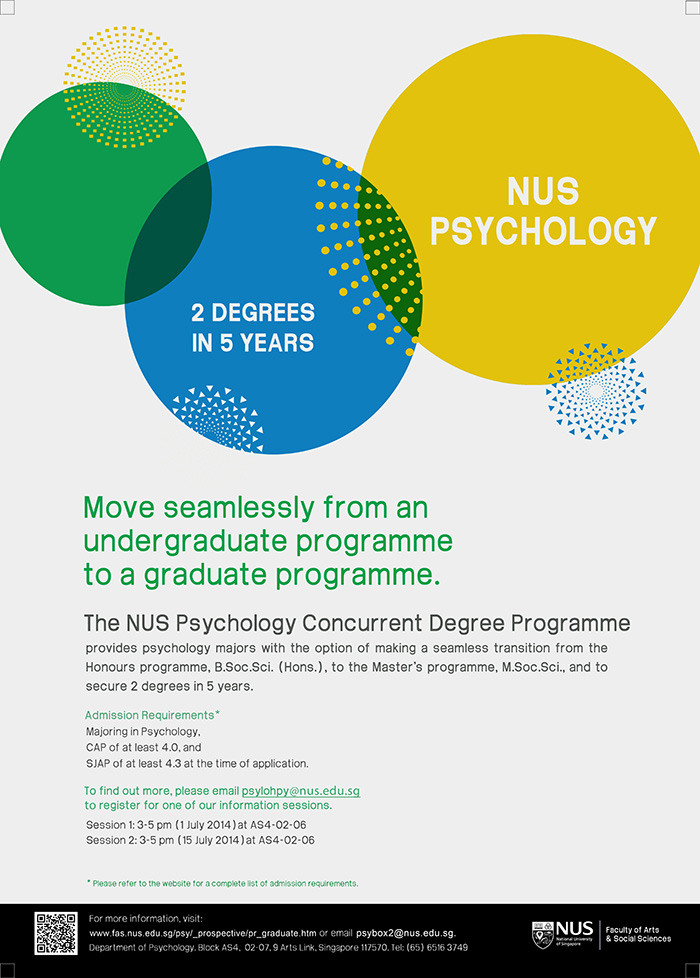The FASS Graduate Studies Division organised a panel discussion specially catered for FASS graduate students to provide guidance on the writing and publishing of journal articles. Held on 22 April 2014, the seminar, chaired by Associate Professor Bruce Lockhart, Assistant Dean (Graduate Studies), drew on the expertise of three academics who have been extensively involved with journal editorship. The panellists were Prof Neil Coe from the Department of Geography, A/P Vineeta Sinha from the Department of Sociology & South Asian Studies Programme and A/P William Bain from the Department of Political Science.
Apart from clarifying on the expectations of academic journals and providing advice to students on the publication strategies from an “insider perspective”, the panellists also shared their own experiences submitting their very first journal article. Among other points:
- A/P William Bain highlighted the importance of choosing the right journal by thinking clearly through aspects such as what the article is about and who you want your audience to be, and matching it with a journal’s editorial policy and mission, including the type of articles it prefers to publish in terms of methodology. A mismatch simply wastes time. He also advised students to seek advice from faculty members. In addition, he noted the importance of taking time (about a week) to reflect on referees’ comments before dealing with them.
- A/P Vineeta Sinha reflected on the need for and logic of publishing. While acknowledging that publishing is part of ‘playing the game’, it is crucial to formulate strong ideas and present evidence to make a tight argument. In terms of knowledge dissemination, she raised the issues of the language of publication (e.g. is it always necessary to publish in English?) and journal rankings (e.g. should one always select “international” over “regional” journals?). Like A/P Bain, she reiterated the need to respond with respect to referees’ comments, and appreciate the fact that someone has taken time to read your work seriously.
- Prof Neil Coe emphasised that first impressions count, hence the quality of writing is especially critical. The abstract and introduction of a manuscript needs to be presented crisply, and clearly position the paper in the current debates. He also alerted the audience to the path-dependency of converting one’s thesis into publications and the importance of considering one’s publication strategy holistically. He also provided a valuable insider’s tip: that some journals are more supportive of early career academics.
The seminar ended with a Q&A session and tokens of appreciation presented to the panellists by A/P Shirlena Huang (Vice Dean, Graduate Studies). Based on the feedback, the session was generally well-received, with students finding the panellists’ sharing of personal experiences and advice both practical and insightful. They also appreciated that the session provided an excellent overview of publication strategies and pitfalls. The majority now feel better equipped to tackle their first publication, and look forward to more sessions on publishing.

A great turnout for the seminar

Happy students after a fruitful session

A Group Photo for Remembrance (L to R): Professor Neil Coe, A/P Shirlena Huang, A/P Vineeta Sinha, A/P William Bain and A/P Bruce Lockhart.



